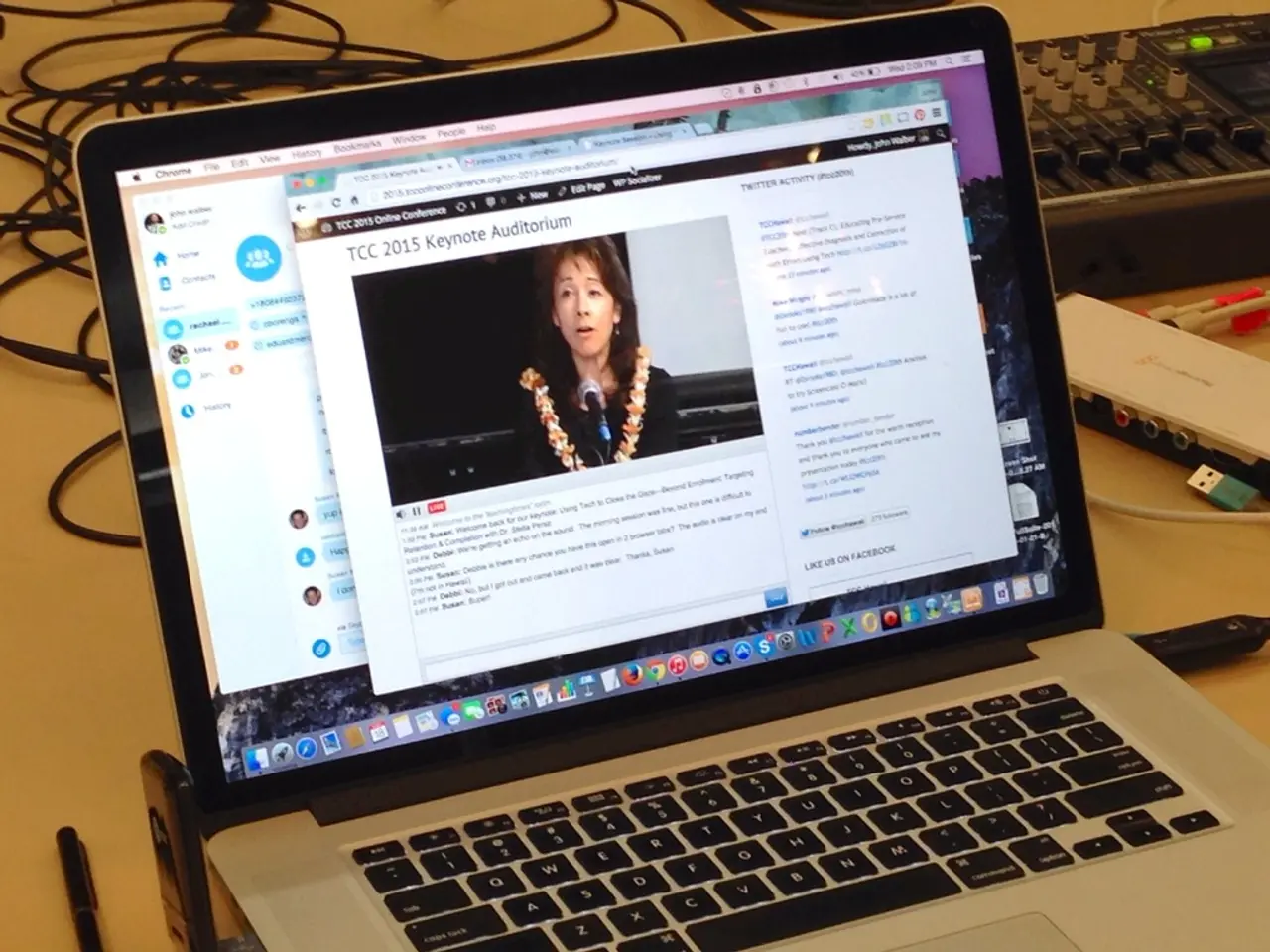Effect of Simplifying Life's Complexities on Mental Health
================================================================================
In the era of constant connectivity, adopting a minimalist lifestyle can help foster a healthier relationship with technology and promote cognitive well-being. By intentionally organizing and reducing digital clutter, individuals can reclaim mental resources overwhelmed by information overload and constant digital distractions.
Reduced Decision Fatigue
Minimalism, with its focus on reducing trivial daily choices, can lessen cognitive overload and free mental energy for important decisions and creative work. By simplifying our digital lives, we can reduce decision fatigue, allowing our brains to focus on what truly matters.
Increased Mental Clarity and Cognitive Control
Slowing down and simplifying tasks, core to minimalism and related slow-living practices, improves the brain’s ability to process information, focus attention, boost creativity, and enhance executive functions like working memory. This leads to increased mental clarity and cognitive control.
Stress Reduction
Minimalism aligns with mindfulness principles that lower cortisol levels and chronic stress, promoting a calmer nervous system. This reduced stress enhances cognitive well-being by improving focus, memory, and sleep quality, which are often disrupted by excessive screen time and digital distractions.
Digital Minimalism
Intentionally organizing and reducing digital clutter creates mental space aligned with core values, which can decrease anxiety and restore a sense of control in an era of 24/7 connectivity. This intentional approach to digital minimalism can lead to a more peaceful and focused mind space.
Longitudinal research shows that healthy lifestyle patterns—incorporating cognitive engagement, stress management, physical activity, and socialization—collectively improve cognitive performance and resilience across the lifespan. Minimalism can support these behaviors by fostering an environment conducive to healthier mental habits and better brain health.
Embracing a Minimalist Lifestyle
While technology can often be a source of distraction and stress, it also has the potential to aid in the pursuit of minimalism by providing digital tools and apps designed to help streamline tasks, organize information, and reduce digital clutter. By applying minimalist principles to our digital habits, we can reduce cognitive load, enhance focus, and improve overall digital wellbeing.
In conclusion, adopting a minimalist lifestyle in the digital age positively impacts cognitive well-being by reducing decision fatigue, improving mental clarity, lowering stress, and allowing better focus on priorities. It helps reclaim cognitive resources overwhelmed by constant digital distractions and information overload.
- Adopting a minimalist lifestyle in the digital age can help foster a healthier relationship with technology, promoting better cognitive well-being.
- By intentionally organizing and reducing digital clutter, one can reclaim mental resources overwhelmed by information overload and constant digital distractions.
- Minimalism, with its focus on reducing trivial daily choices, can lessen cognitive overload and free mental energy for important decisions and creative work.
- Slowing down and simplifying tasks improves the brain’s ability to process information, focus attention, boost creativity, and enhance executive functions, leading to increased mental clarity and cognitive control.
- Reducing digital clutter aligns with mindfulness principles that lower cortisol levels and chronic stress, promoting a calmer nervous system.
- This reduced stress enhances cognitive well-being by improving focus, memory, and sleep quality, which are often disrupted by excessive screen time and digital distractions.
- Embracing a minimalist lifestyle can support healthy lifestyle patterns by fostering an environment conducive to healthier mental habits and better brain health.
- By applying minimalist principles to our digital habits, we can reduce cognitive load, enhance focus, and improve overall digital wellbeing.
- Longitudinal research shows that minimalism, when combined with cognitive engagement, stress management, physical activity, and socialization, can collectively improve cognitive performance and resilience across the lifespan, supporting overall mental health and productivity in the digital age.




